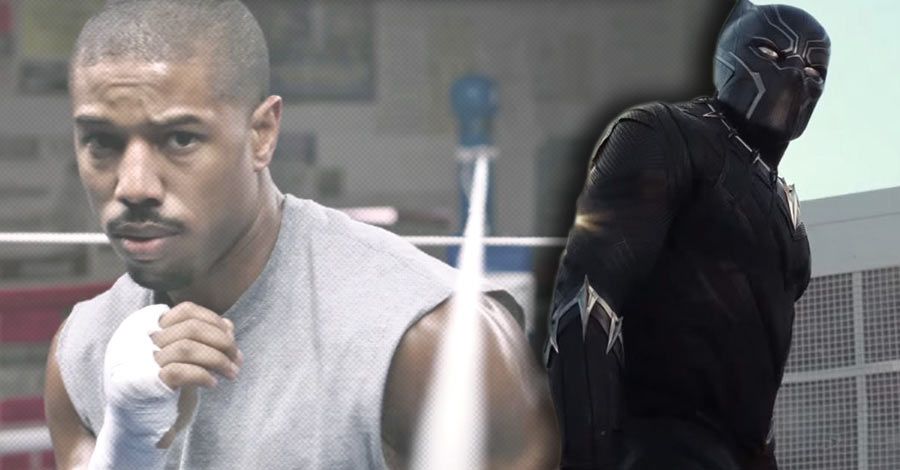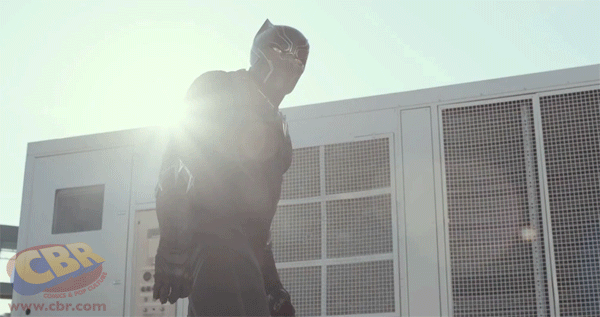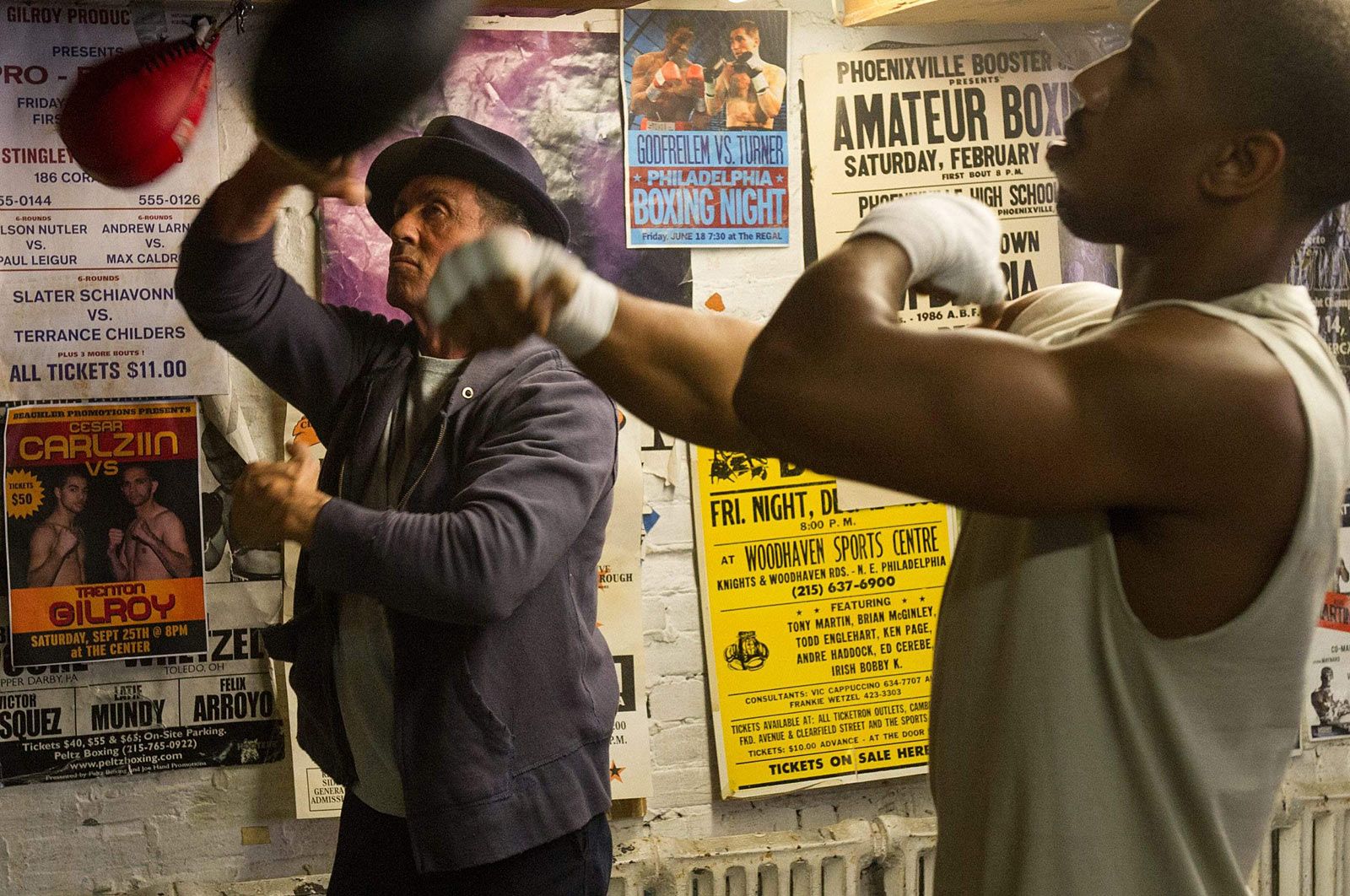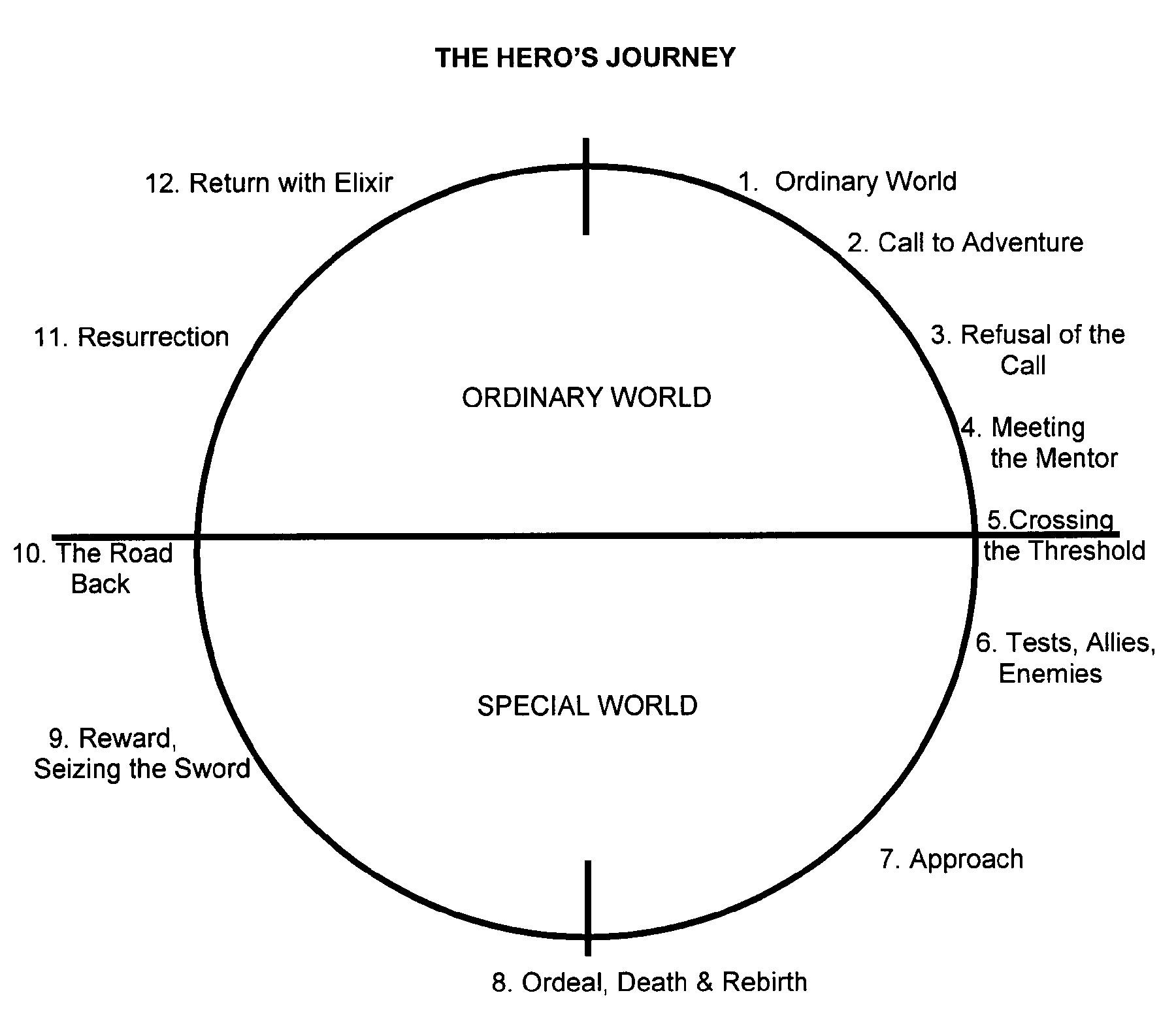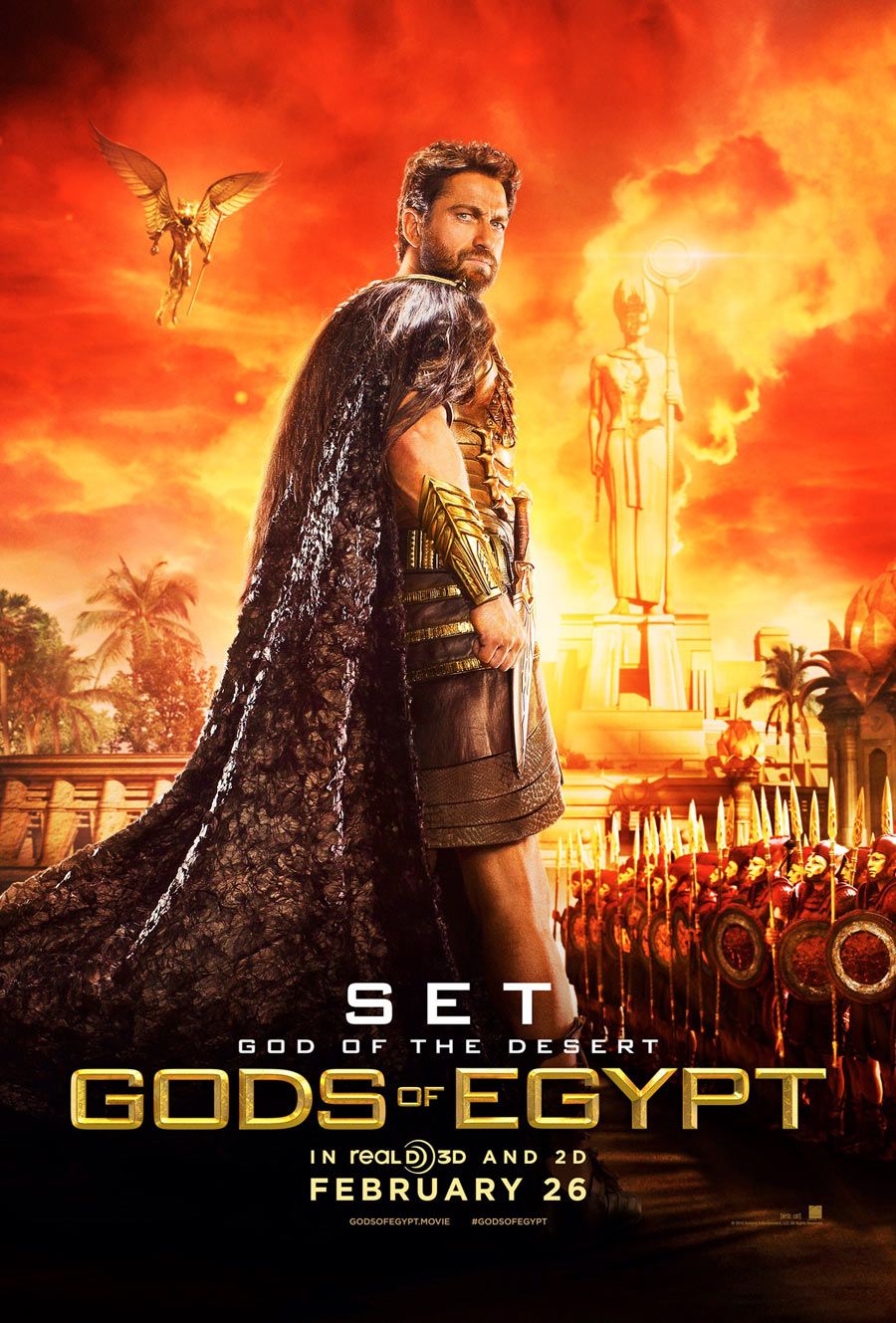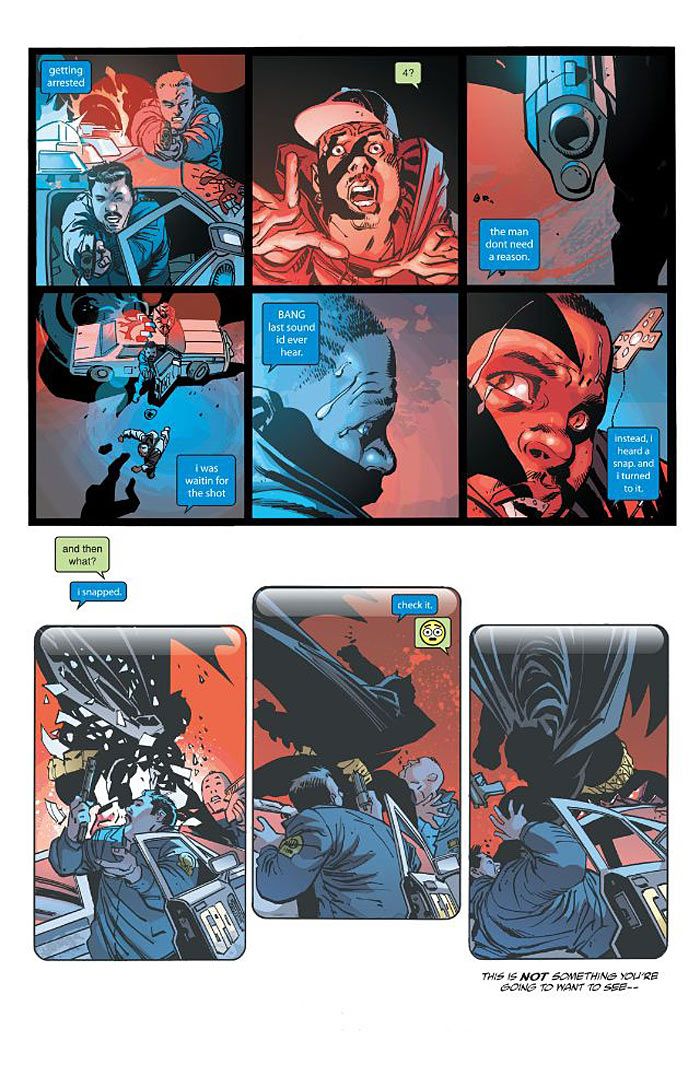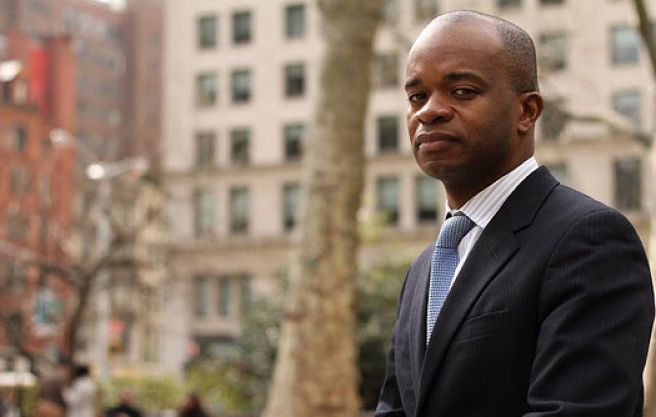On Tuesday, November 24, "Jimmy Kimmel Live" premiered the trailer for Marvel Studios' next film "Captain America: Civil War," in which a team of heroes led by Captain America fight against another team led by Iron Man.
Based on Marvel Comics' "Civil War" series published in 2006 and 2007, the film takes on the subject of government policy that regulates the actions of superheroes, igniting a war over civil rights versus official authority.
Above and beyond the overwhelming fan response to the trailer is the reveal of the Marvel Cinematic Universe's version of the Black Panther, Marvel Comics' first Black costumed hero.
Choosing Sides: The "Captain America: Civil War" Trailer's Greatest Moments
King of the fictional African nation of Wakanda, a society of extraordinary technological capabilities populated by a prosperous community of Africans, Black Panther exists in a unique category of heroes.
That of the intellectual, wealthy ruler.
He is a symbol of the Black male heritage, accomplishments, and aspirations.
The Black Panther is the antithesis of the demonization of the American Black man, perpetuated by various parties in media and government institutions.
The iconic power of The Black Panther is so potent that various memes showing the character kicking a White superhuman across the face referred to the Black Lives Matter movement, the All Lives Matter hashtag and various matters of concern for Black people in America today.
He became an avatar through which Black people communicated their anger, frustration and demands for justice.
The marketing acumen shown by Marvel Studios, to show just enough of the Black Panther to galvanize a portion of their fan base, was brilliant in many ways, including the understanding of Black Power symbolism as part of the social zeitgeist.
Two days after the release of the "Civil War" trailer, the film "Creed" premiered in theaters nationwide.
Co-written and directed by Ryan Coogler, helmer of "Fruitvale Station," and starring Michael B. Jordan, "Creed" explored and put on display the anger and frustration connected with identity, tragedy, the pressures of legacy and overcoming pain to discover one's potential, among other things.
REVIEW: A Knockout, "Creed" Will Make You Stand Up and Cheer
Well-received by viewers and well-reviewed by various outlets including The New York Times, "Creed" is the story of a young man named Adonis Creed and his uphill battle to become a champion boxer while living in the shadow of his deceased father.
"Creed" is one story of the American Black man, as well as being a universal story about the human experience of wanting to be more, despite a legion of obstacles which must be overcome through a series of battles.
The first "Rocky" film, written by and starring Sylvester Stallone, showed the same narrative in expert fashion, 40 years ago.
Insofar as superhero stories and many other adventure tales are the product of "The Hero's Journey" detailed in scholar Joseph Campbell's book "The Hero with a Thousand Faces," "Creed" is a superhero story.
A young Black man who reaches a pinnacle of accomplishment and self-realization before and without being gunned down, in the United States, is the new superhero.
Hero stories are the new mythology for the Black man at the same time that African history is being marginalized and ignored in popular media.
On Friday, November 27, Lionsgate and film director Alex Proyas issued statements of regret and apology for the exclusion of Black actors and actresses in the new film "Gods of Egypt."
Depicting a historical period representing a renaissance for Black people and removing their image from the production is as mind-boggling as it is revelatory.
The landscape of intellectual property and popular media is a double-edged sword for Black people, as well as other people of color, women, LGBT persons and more.
The release of "Creed" and the controversy over "Gods of Egypt" occurred during the same week of a national day of giving thanks, and the irony is noteworthy.
"Captain America: Civil War" will be released 10 years after the publication of the book, and during a time of ongoing debate about liberties in America.
Government surveillance viewed as justifiable.
Video camera footage of fatal shootings deemed ineffective in courts of law.
The comic book mythologies regarded by the general populace as childish and without educational, literary or cultural merit less than two generations ago, now stand hand-in-hand with the cinematic story of the common man overcoming impossible odds.
They have impact, representing our hopes for a better world, acting as the vehicles through which we feel victory during a time of lies, empty promises, and increasing adversity.
Marvel Comics, DC Comics, Warner Bros., Disney and the various other companies managing the hero mythologies of our time know this.
After all, the first issue of DC Comics' "Dark Knight III: The Master Race," released last week, featured a future in which The Batman saved a teenage Black boy from a group of police officers.
That's not a coincidence.
Joseph Phillip Illidge is a public speaker on the subjects of race, comics and the corporate politics of diversity. In addition to his coverage by The New York Times, CNN Money, the BBC and Publishers Weekly, Joseph has been a speaker at John Jay College of Criminal Justice, Digital Book World's forum, Digitize Your Career: Marketing and Editing 2.0, Skidmore College, The School of Visual Arts, Purdue University, on the panel "Diversity in Comics: Race, Ethnicity, Gender and Sexual Orientation in American Comic Books" and at the Soho Gallery for Digital Art in New York City.
Joseph is the Head Writer for Verge Entertainment. Verge has developed an extensive library of intellectual properties for live-action and animated television and film, video games, graphic novels and web-based entertainment.
His graphic novel project, "The Ren," about the romance between a young musician from the South and a Harlem-born dancer in 1925, set against the backdrop of a crime war, will be published by First Second Books, a division of Macmillan.
Joseph's newest comic book project is the upcoming Scout Comics miniseries "Solarman," a revamp of a teenage superhero originally written by Stan Lee.

